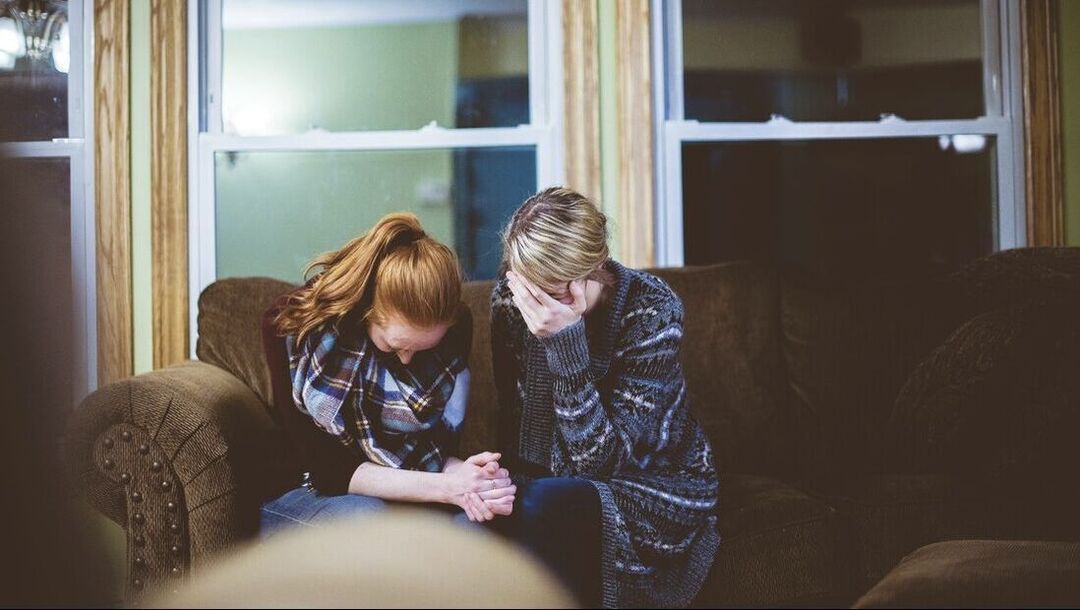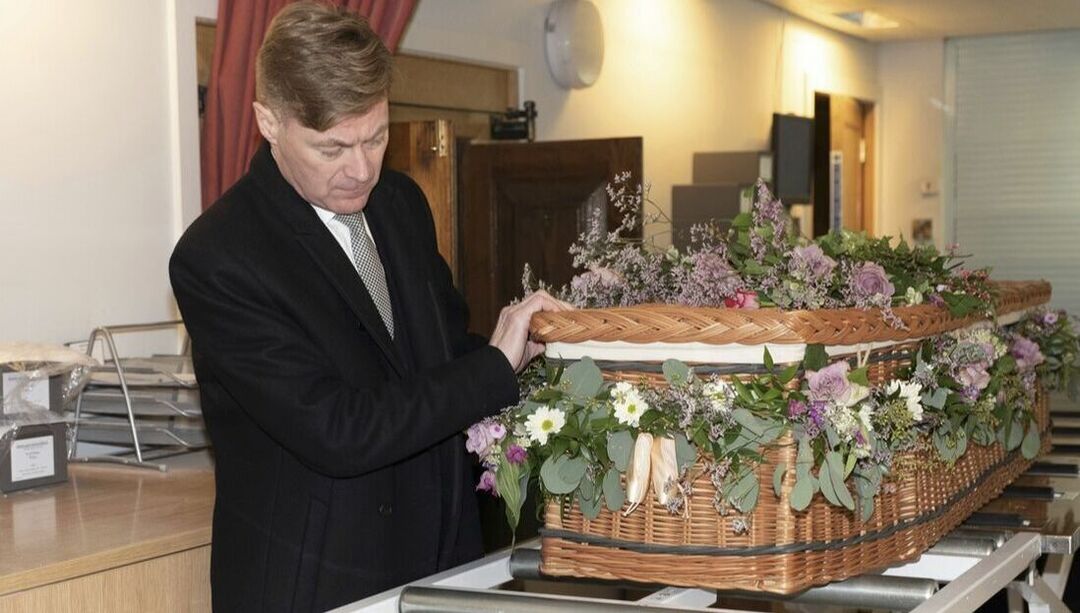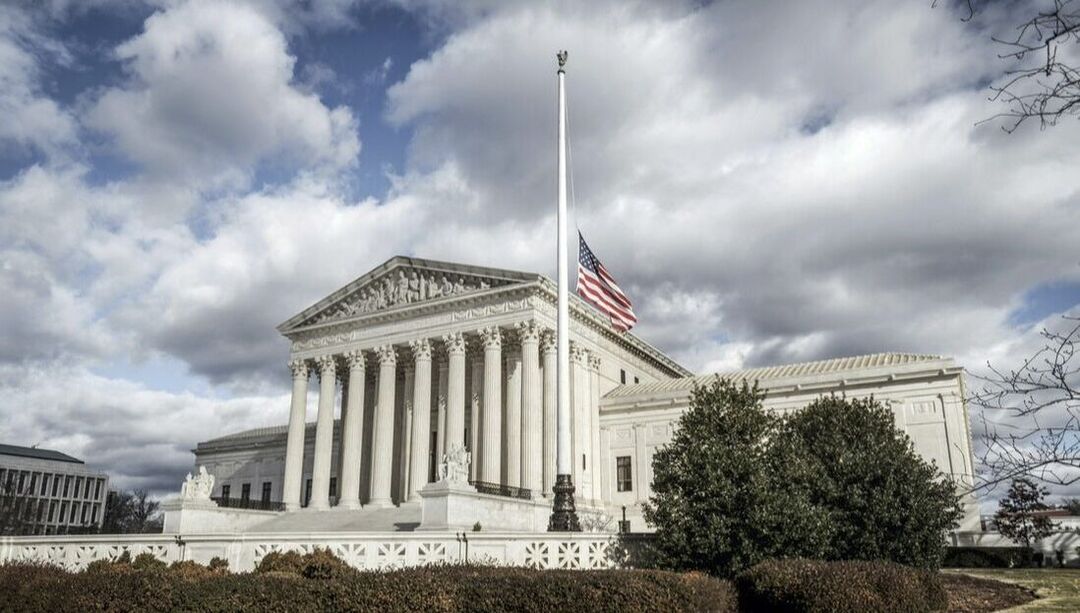We need to talk about death and dying.
Individuals who are terminally ill, grieving, or in any way handling the emotional, social, and logistical effects of death deserve support. We can create a world in which the burdens of death, such as legal arrangements, funeral or medical costs, bereavement, or grief, weigh a little less heavily on all of us, allowing us to live a better life in turn.
But first we have to be okay with talking about death.
But first we have to be okay with talking about death.
My goal is to open a practice to provide emotional,
logistical, and social end-of-life, grief, and death care.
logistical, and social end-of-life, grief, and death care.



